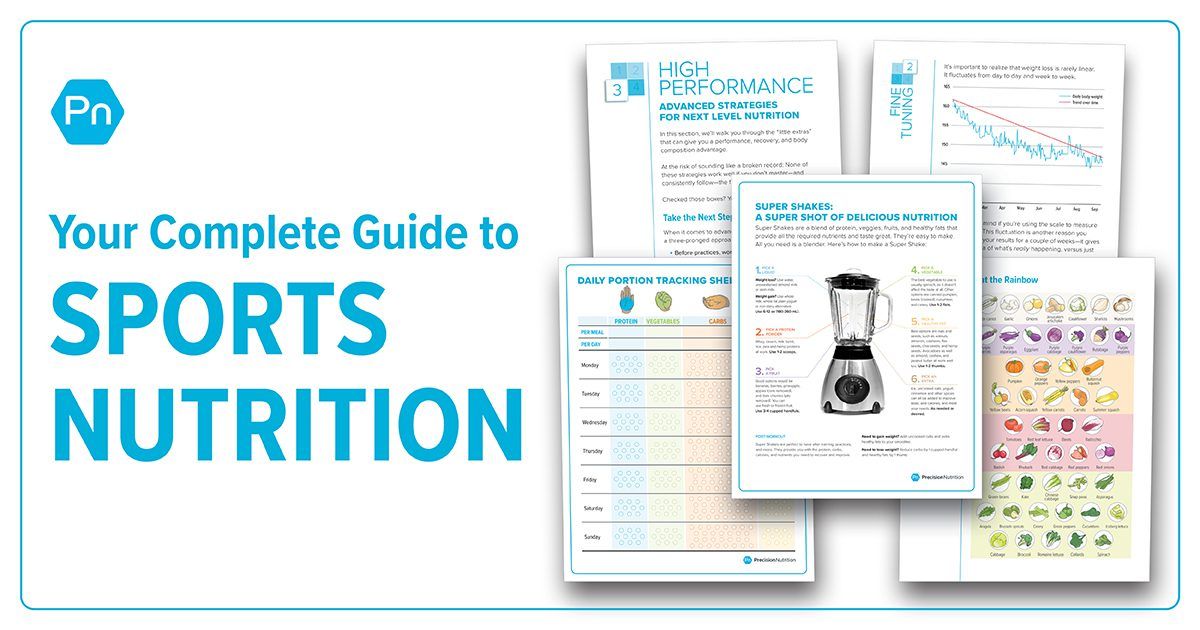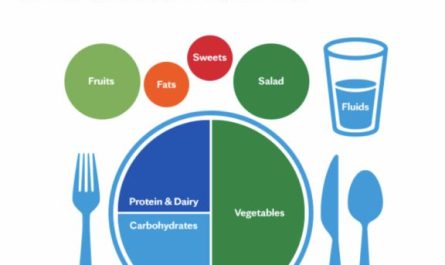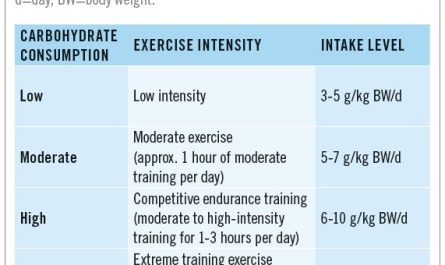Endurance sports, such as marathon running, cycling, and triathlons, require a great deal of physical exertion and stamina. Without the right fuel, athletes can hit a wall and struggle to perform at their best. Proper nutrition is key to ensuring peak performance during these demanding activities.
Understanding the Basics of Energy Metabolism
During endurance sports, the body relies on three main sources of fuel: carbohydrates, fats, and proteins. Carbohydrates are the primary energy source for high-intensity activities, while fats are used for longer, slower endurance efforts. Proteins play a role in muscle repair and recovery.
Carbohydrates: The Key to Endurance
Carbohydrates are stored in the muscles and liver as glycogen, which is the body’s primary source of energy during endurance activities. It’s essential to consume an adequate amount of carbohydrates before, during, and after exercise to maintain glycogen levels and sustain energy levels.
Pre-Exercise Nutrition
Before a long race or training session, it’s crucial to consume a high-carbohydrate meal or snack to top up glycogen stores. Foods such as pasta, rice, oatmeal, and fruit are excellent choices for pre-exercise fueling.
Hydration during Exercise
Staying hydrated is also essential for optimal performance. Dehydration can lead to fatigue, cramping, and decreased endurance. Drink water or sports drinks throughout your workout to maintain fluid balance and replace lost electrolytes.
Post-Exercise Recovery
After a grueling workout, refuel your body with a combination of carbohydrates and protein to replenish glycogen stores and support muscle recovery. A recovery shake or meal containing a 3:1 ratio of carbohydrates to protein is ideal for maximizing recovery.
Fats: A Source of Long-lasting Energy
While carbohydrates are the primary fuel source for endurance sports, fats play a crucial role in providing sustained energy for longer efforts. Consuming healthy fats, such as avocados, nuts, seeds, and olive oil, can help fuel your body during extended workouts.
Proteins: Essential for Muscle Repair
Proteins are the building blocks of muscles and are essential for muscle repair and growth. Consuming an adequate amount of protein after exercise can help speed up recovery and reduce muscle soreness. Good sources of protein include lean meats, fish, eggs, dairy products, and plant-based sources like tofu and legumes.
Supplements for Endurance Athletes
While proper nutrition should always be the foundation of an athlete’s fueling strategy, supplements can also play a role in supporting performance and recovery. Some commonly used supplements for endurance athletes include sports drinks, energy gels, protein powders, and electrolyte tablets.
Final Thoughts
Proper nutrition is essential for maximizing performance and recovery in endurance sports. By fueling your body with the right balance of carbohydrates, fats, and proteins, you can ensure that you have the energy and stamina to go the distance. Remember to hydrate adequately, consume a variety of nutrient-dense foods, and listen to your body’s signals to fuel your best performance.
This article provides a comprehensive guide on how to fuel your body for endurance sports, covering the importance of proper nutrition, the role of carbohydrates, fats, and proteins, hydration strategies, post-exercise recovery, and the use of supplements. By following these tips and guidelines, endurance athletes can optimize their performance and achieve their athletic goals.




